Heroin
Call us now (000) 123-4567. We’re available to you 24/7
About the Contributor

John Doe
Lorem ipsum dolor sit amet, consectetur adipiscing elit. Ut elit tellus, luctus nec ullamcorper mattis, pulvinar dapibus leo.
- What is Heroin?
- How Does Heroin Addiction Treatment Work?
- How Do I Know I Need Heroin Addiction Treatment?
- Signs of Heroin Abuse
- Long-Term Effects of Heroin Abuse
- How Is Heroin Addiction Treated?
- Medication-Assisted Treatment for Heroin
- Signs and Symptoms of Heroin Addiction
- Benefits of Heroin Addiction Treatment
What is Heroin?
Heroin is a powerful and highly addictive opioid. It typically appears as a white or brown powder or a sticky black tar-like substance.
People who abuse heroin usually do so by snorting, smoking, or injecting it. When someone ingests heroin in any of these ways, they experience a sense of euphoric relaxation. They also put themselves at risk for an array of negative outcomes, including addiction and death.
According to the Centers for Disease Control and Prevention (CDC) heroin overdoses were responsible for almost 143,000 deaths in the United States between 1999-2020.
How Does Heroin Addiction Treatment Work?
Heroin addiction treatment can take place in one or more of the following programs:
- Detox: This is a short-term program that can incorporate medical and therapeutic support to help you get through heroin withdrawal safely and with minimal discomfort.
- Residential treatment: At this level, you will live at the facility where you are receiving heroin addiction treatment. Residential care features full days of customized care, multiple forms of therapy, and round-the-clock supervision.
- Partial hospitalization program (PHP): PHPs usually feature full days of care, but they do not have a residential component. In the evenings and on the weekends, when the PHP is not in session, you can return to your home, to a sober living house, or to another supported residence.
- Intensive outpatient program (IOP): In an IOP, you may take part in a few hours of treatment two or more days each week. Group therapy is usually the main method of care at the IOP level, though other services may be offered as needed. As with PHPs, IOPs require you to be at the center only when you are receiving treatment
- Outpatient rehab: Outpatient rehab offers the greatest degree of flexibility. You may attend treatment sessions on a weekly, biweekly, or monthly basis. Outpatient rehab can be a valuable source of ongoing support as you work to progress in your recovery.
How Do I Know I Need Heroin Addiction Treatment?
If you feel compelled to use heroin, if you begin to feel sick if you can’t use heroin, or if you experience any of the other signs and symptoms of heroin addiction that are listed in a later section on this page, you may need professional help.
To determine if you need heroin addiction treatment – and for help identifying which type of treatment may be best for you – you should be assessed by a doctor, therapist, or other qualified professional. This individual can provide you with an accurate diagnosis and recommend appropriate treatment options.
Facilities that are affiliated with the Creekside Recovery Network offer free assessments for heroin addiction and other substance use disorders. To schedule an assessment for yourself or a loved one, please contact us directly at your convenience.
Signs of Heroin Abuse
The following signs may indicate that a person has been abusing heroin:
- Contracted (pinpoint) pupils
- Slowed breathing
- Extreme changes in mood and energy
- Difficulty staying awake
- Significant weight loss
- Confusion or disorientation
- Scabs or bruises that never seem to heal
- Frequently scratching or picking at their skin
- Wearing long sleeves and long pants, even when the weather is warm (to hide evidence that they have been injecting heroin)
- Possessing paraphernalia such as bent spoons, rubber tubing, cotton balls, hypodermic needles, and syringes
- Losing interest in activities and topics that used to be very important to them
- Frequent unexplained absences from work or school
- Lying or being secretive about where they’ve been and what they’ve been doing
- Neglecting their appearance and personal hygiene
Long-Term Effects of Heroin Abuse
As described below, continuing to abuse heroin can lead to significant physical, psychological, and social harm:
- Conflicts with family and friends
- Academic failure
- Job loss
- Long-term unemployment
- Financial difficulties
- Being arrested and incarcerated
- Cognitive impairments
- Development or worsening of co-occurring mental illness
- Damage to the liver and kidneys
- Pneumonia and other lung diseases
- Exposure to HIV/AIDS, hepatitis, and other bloodborne diseases
- Medical problems due to reckless behaviors and/or poor self-care
- Disrupted menstruation
- Sexual dysfunction
- Homelessness
- Suicidal ideation
- Overdose
- Death
These effects are obviously severe, but they are not inevitable. When a person receives effective heroin addiction treatment, they can reduce their risk for continued damage. While a person is in treatment, they can also begin to heal from any harm that they have already incurred.
How Is Heroin Addiction Treated?
Heroin addiction treatment often includes prescription medication and therapy.
As we will discuss in the next section, medication can be a valuable part of treatment. But medication alone cannot address the social and behavioral aspects of heroin addiction and the recovery process. This is why therapy is so important.
At facilities in the Creekside Recovery Network, the therapeutic component of heroin addiction treatment may include services such as these:
- Individual therapy
- Group therapy
- Family therapy
- Cognitive-behavioral therapy (CBT)
- Dialectical behavior therapy (DBT)
- Eye movement desensitization and reprocessing (EMDR) therapy
- Brainspotting therapy
- Red light therapy
- Music therapy
Medication-Assisted Treatment for Heroin
Medication-assisted treatment, or MAT, is a dynamic approach to heroin treatment that combines prescription medication and therapy.
The U.S. Food and Drug Administration (FDA) has approved a limited number of medications, including methadone, buprenorphine, and naltrexone, for use in authorized MAT programs. These medications can suppress drug cravings and other withdrawal symptoms, which can make it much easier for a person to stop using heroin.
As described by the Substance Abuse and Mental Health Services Administration (SAMHSA), studies have linked medication-assisted treatment with the following positive results:
- Higher survival rates
- Greater retention in treatment
- Improved birth outcomes among pregnant women
- Increased ability to get and keep a job
- Decreased opioid use and other criminal activity
Get In Touch
Contrary to popular belief, Lorem Ipsum is not simply random text. It has roots in a piece of classical Latin literature from 45 BC, making it over 2000 years old.
Signs and Symptoms of Heroin Addiction
Heroin abuse is a dangerous, potentially deadly behavior. Heroin addiction is a mental health disorder that is characterized by a loss of control. The following signs and symptoms may indicate that a person’s heroin abuse has turned into an addiction:
- Using heroin in larger amounts or for a longer time than intended
- Spending a great amount of time seeking, acquiring, using, and recovering from the effects of heroin
- Continuing to use heroin even after experiencing health problems or other negative effects that are directly related to prior use
- Using heroin in especially hazardous ways, such as combining it with cocaine or other substances
- Needing to use larger or more potent doses of heroin to achieve the effects they are seeking
- Experiencing physical and psychological distress when they can’t use heroin
- Trying to reduce or end their heroin use, but being incapable of doing so
Benefits of Heroin Addiction Treatment
The benefits that you receive when you enter a treatment program for heroin addiction will depend on the scope of your needs as well as your individual goals. Here are a few examples of the benefits of heroin addiction treatment:
- Safe environment: When you are living with active, untreated heroin addiction, you are continually putting your health at risk. When you enter treatment, you will be in a safe, drug-free environment where you will be cared for by a team of skilled professionals.
- Compassionate support: When you work with professionals who truly care about you, their compassionate support can be a source of strength and motivation. This support can also help you realize that you are a valuable person who deserves to live a healthier life.
- Renewed hope: Completing treatment can be a way of proving to yourself that you are capable of more than you may have once believed. This accomplishment can turn a spark of hope into a beacon that will guide you throughout your recovery journey.
- Aftercare planning: A quality heroin addiction treatment program will provide you with a detailed discharge plan before you transition out of their care. This plan can connect you with the services and resources that will support your continued recovery efforts.
